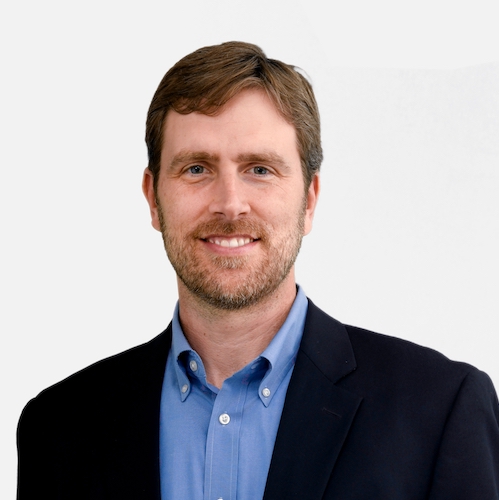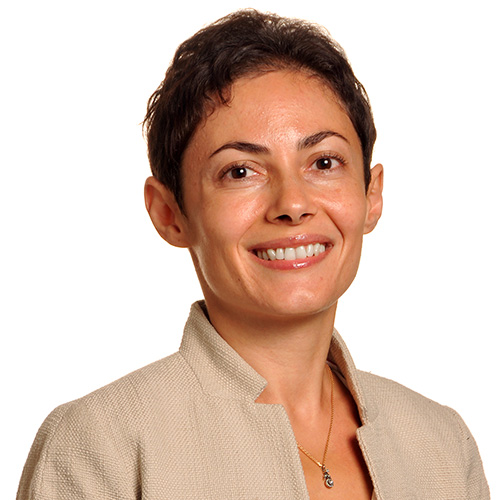Annual “Doing Good with OM and OR” Workshop focused on making an impact on society
Tim Kraft and Eda Kemahlioglu-Ziya (shown below) organized this event, and also wrote this brief summary of the day.
On Friday, November 17th, the Supply Chain Resource Cooperative hosted its 3rd annual Doing Good with OM and OR Workshop. The purpose of the workshop is to build research connections and promote the increasing amount of work occurring in the fields of OM and OR that is focused on making a societal impact. Fifty-two faculty and PhD students from across the country attended the workshop.


This year we had six leaders in their fields, present their high-impact research:
- Andre Calmon (Georgia Tech; Scheller School of Business)
- Maria Mayorga (NC State; Fitts Department of Industrial and Systems Engineering)
- Brad Staats (UNC Chapel Hill; Kenan-Flagler Business School)
- Jay Swaminathan (UNC Chapel Hill; Kenan-Flagler Business School)
- Doug Thomas (University of Virginia; Darden School of Business)
- Karen Zheng (MIT; Sloan School of Management)
Two common themes emerged from the talks. First, significant opportunities exist to (continue to) use empirical and analytics OM and OR methods to better understand and drive improved performance in healthcare operations. Second, there is a need for OM and OR researchers to think more broadly about how they fit and can fit within the greater economy. Opportunities exist for OM and OR to increase their influence in fields which study policy, entrepreneurship, and developing economies, for example.
The workshop consisted of three sessions. In the first session, Brad Staats (UNC) and Karen Zheng (MIT) spoke about “Understanding Motivations and Incentives”. First, Brad presented research that looks to understand factors that influence knowledge workers’ (i.e., ER doctors) decisions to undertake discretionary tasks (i.e., the decision to take a CAT scan). Second, Karen spoke on work that compares two common approaches (NGO vs. buyer intervention) for motivating more sustainable practices from smallholder palm oil farmers in Indonesia.
The second session looked at “Quantifying Implications”. Jay Swaminathan (UNC) presented work investigating the impact of process standardization on the cost, quality, and variation in quality of care delivered by a hospital. Maria Mayorga (NC State) then spoke on the potential to use analytics more in healthcare settings, specifically focusing on a project that is using analytics to identify individuals at risk of developing vision threatening diabetic retinopathy.
The last session emphasized “Discovering Opportunities”. First, Andre Calmon (Georgia Tech) introduced the Classroom to Startup to Research Pipeline. Using two case studies, he illustrated how two startups that began as OM course projects, eventually became partners for research projects. Finally, Doug Thomas (UVA) discussed four factors reshaping global supply chains: (1) consumer/investor preferences, (2) supply chain resiliency, (3) technology, and (4) trade policy. He discussed in detail how an increasing number of complex international trade agreements, has increased the need for policy-focused, operations-related research.
Thank you to this year’s speakers for their incredible talks. We look forward to hosting the 4th annual Doing Good with OM/OR Workshop in the fall of 2024!


